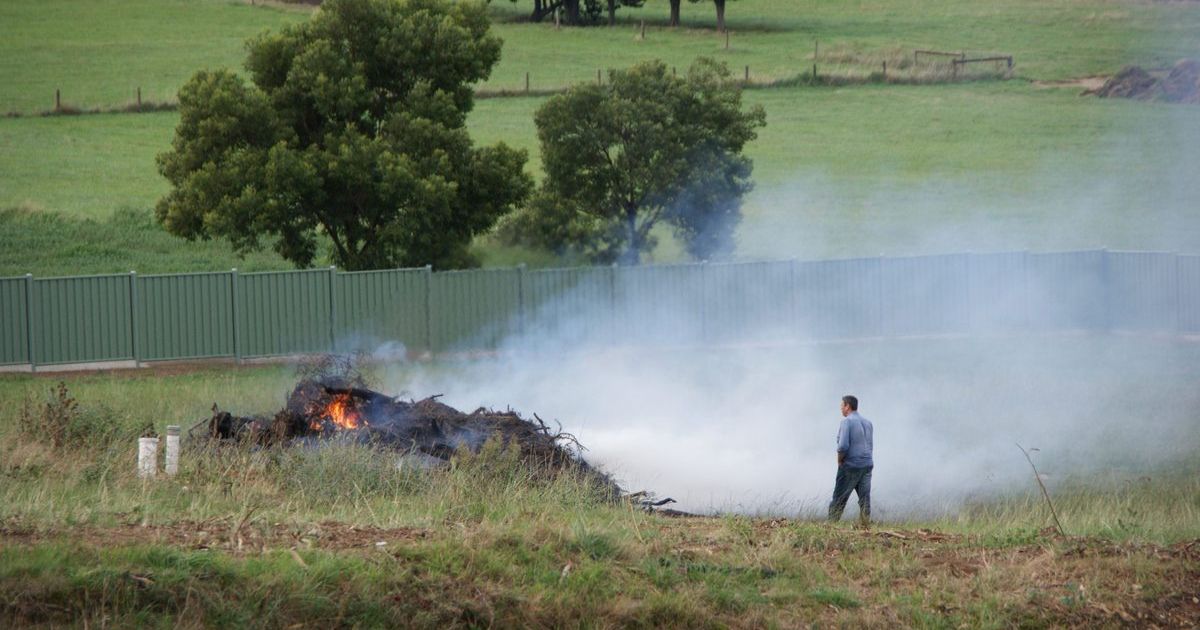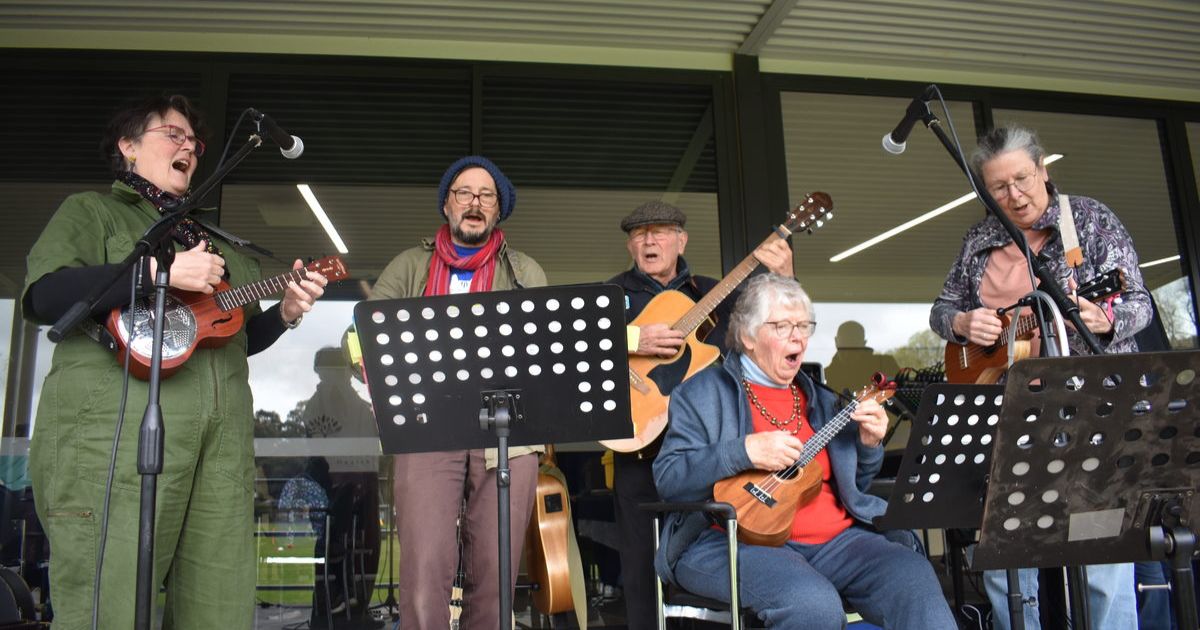Roo strike numbers spike

Second chance: Joeys found in pouches by North Central Wildlife Rescue volunteers are rehabilitated and released. Photo: SUPPLIED
SINCE late February, North Central Wildlife Rescue has seen an increase in calls about kangaroos hit by vehicles on roads in the region.
The main areas of concern for the group are Olympic Parade in Kangaroo Flat and Sawmill Road in Huntly.
North Central Wildlife Rescue volunteer Lyam Maloney said the area around Olympic Parade is seeing land development occur, which he suspects is the cause.
“Deforestation is the number one thing pushing them out,” he said. “They’re going out towards the bushland that connects to Calder Highway and Olympic Parade area.
“It will be people not slowing down, or not paying attention during dusk and dawn, which are the most active times for wildlife.”
Mr Maloney said volunteers go out and assess struck kangaroos and if their injuries are too severe, the animals are euthanised.
With many females having joeys in their pouches, the babies are taken to shelters for care and release.
Since 2019, the State Government has spent more than $3.91 million to assist authorised wildlife rehabilitators.
There are more than 700 registered volunteer groups in Victoria that rescue and care for injured, sick, or displaced wildlife and release them back into the wild.
A Department of Energy, Environment and Climate Action spokesperson said the department has been notified about kangaroos on Bendigo roads.
“Kangaroos move across the landscape to reach food and water, making them vulnerable to vehicle collisions,” the spokesperson said.
“Where wildlife crossing hotspots are reported to us, we work with councils and the Department of Transport and Planning to highlight animal welfare and human safety risks and explore ways to reduce risk, such as speed management.
“In Victoria, all wildlife is protected under the Wildlife Act and it is illegal to disturb or destroy wildlife without appropriate authorisation, licensing, or exemption.”
Sick or injured wildlife can be reported to the department on 136 186 or via bit.ly/3nWGI3k.

















